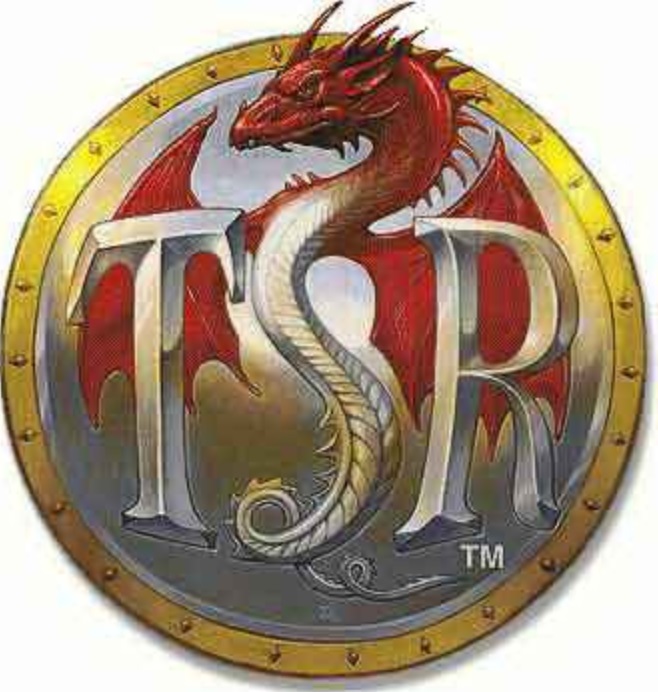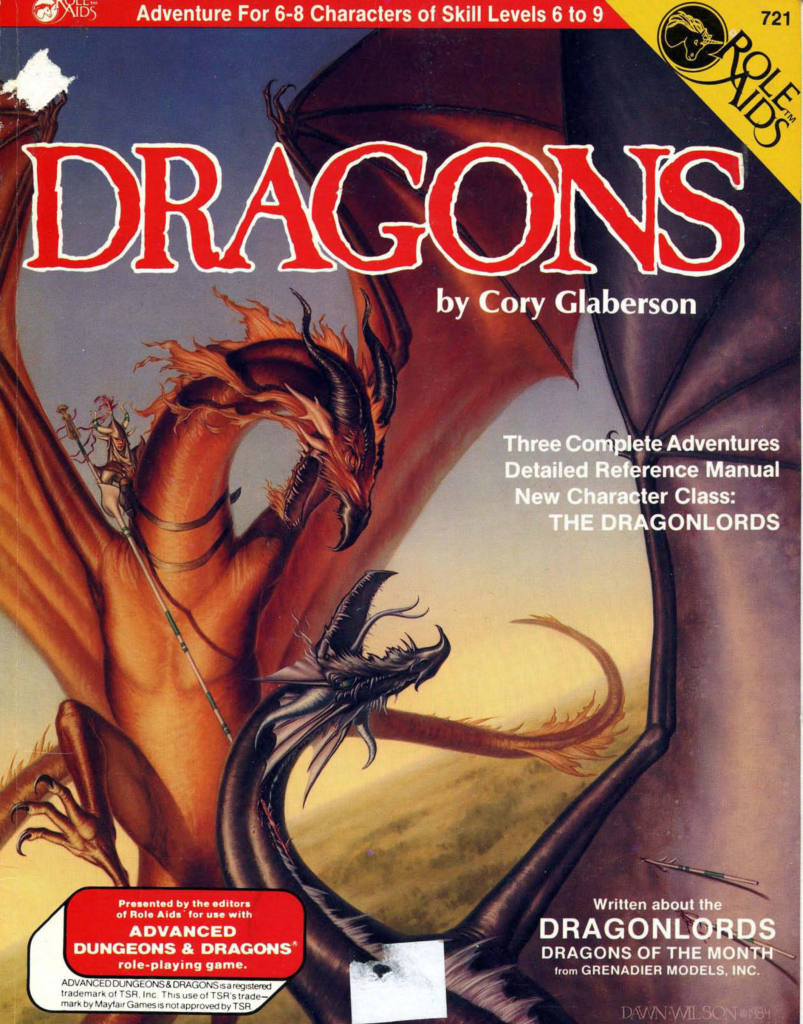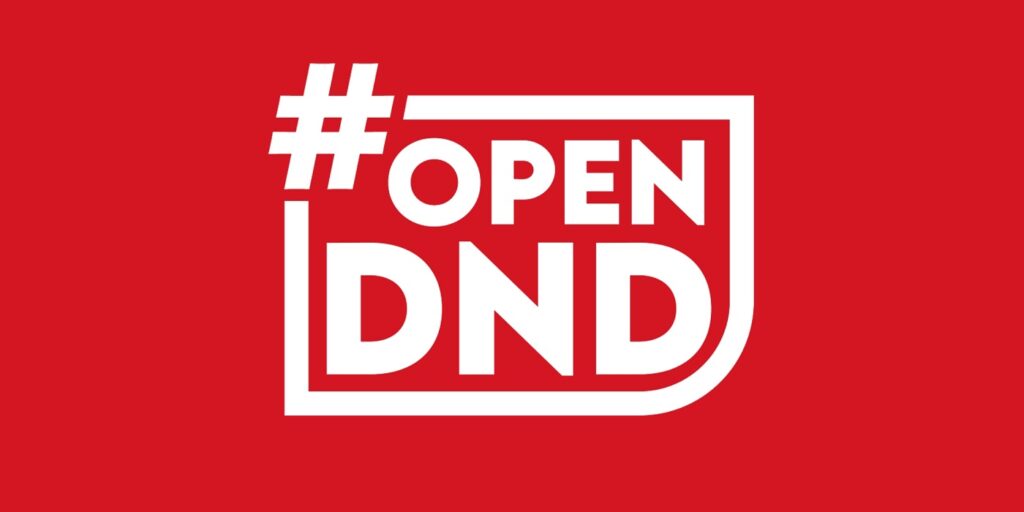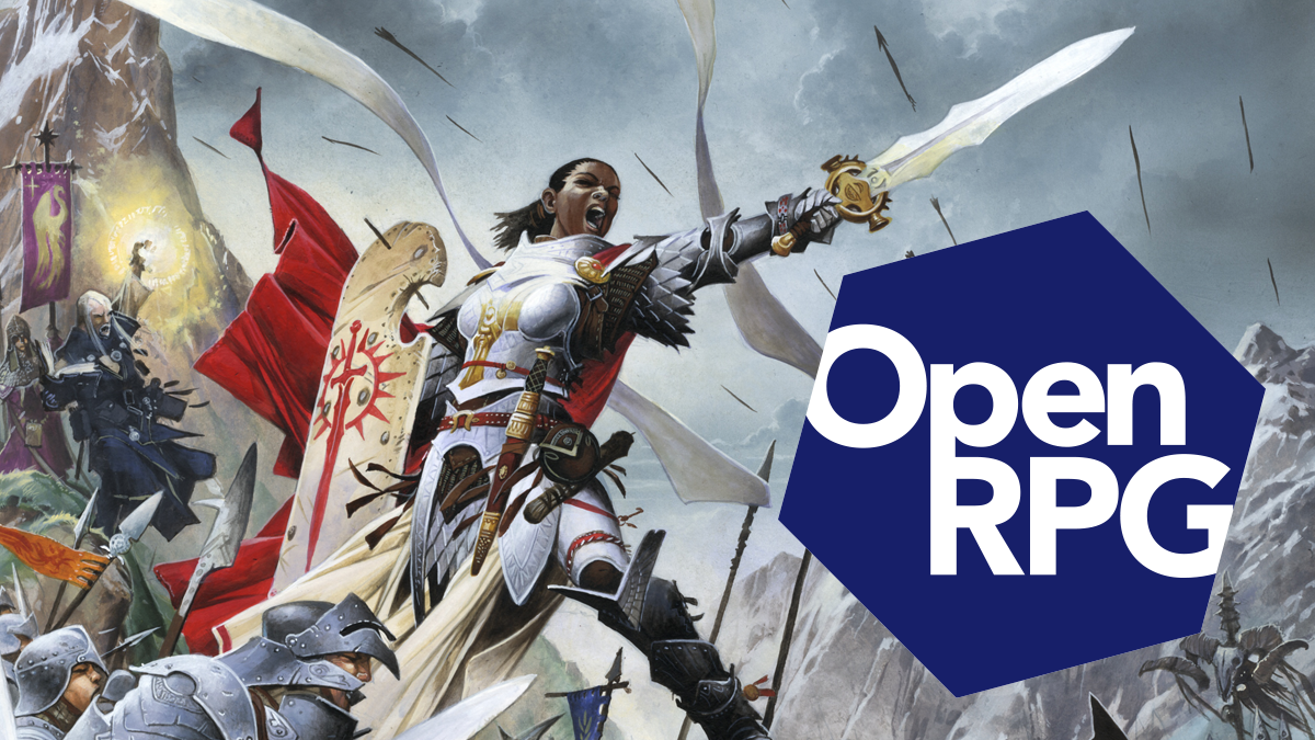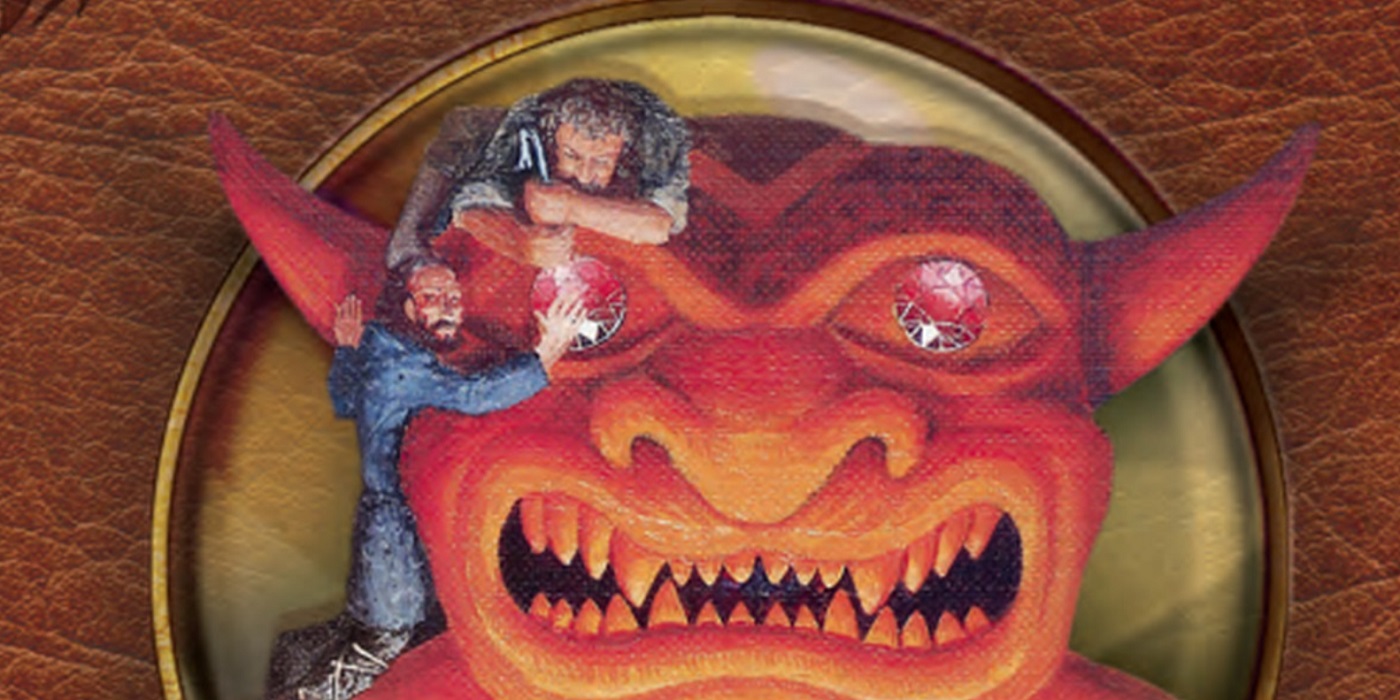D&D’s New OGL Means the Open License Race is On
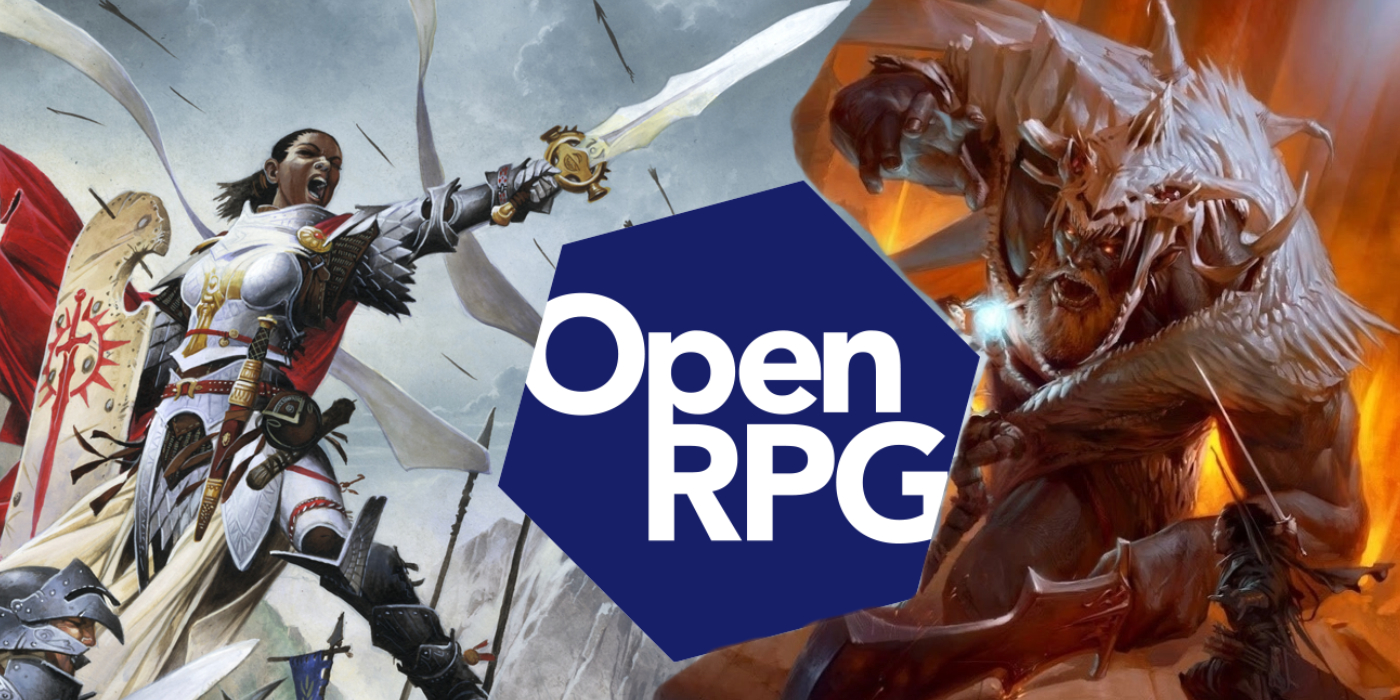

WotC’s new OGL plans mean the race is on to create a new Open License for the tabletop community. But has the time of the ORC come?
Wizards of the Coast plans to release their first version of an OGL by this Friday. Paizo has plans to unveil their work-in-progress on the Open RPG Creative License in early February. MCDM Studios is working on an “aggressively open” license for their future game.
Whatever the final versions end up looking like, the floodgates are open and the race is on to create a new, widespread open license. Although in this case, it’s not necessarily about who gets it first, necessarily, but who gets it *right* and who is the timeliest.
Why Even HAVE an Open License?
Why even have an Open License in the first place? For that, we need to go back to the middle days of the tabletop industry. In the cocaine-fueled 80s into the equally cocaine-fueled 90s, the RPG industry was a tangled web of lawsuits mixed in with the occasional FBI raid.
TSR, the originator of D&D, was commonly known as “They Sue Regularly.” Legal troubles were part and parcel of the development of D&D because of how aggressively they went after any perceived competitors.
After all, you don’t get to be at the top of an industry without crushing everyone beneath you. And if you can’t outsell them, you just sue ’em, as the executive management of TSR was wont to do.
TSR famously sued Mayfair games, who published “generic adventures” designed to be run in AD&D. Their Role Aids line of products famously included “suitable for Advanced Dungeons & Dragons.” This a statement that many of you who have been following along the OGL drama will know, is totally fine and isn’t actually a violation of copyright.
But even though Mayfair Games would have won their case, it would have been costly. As a result, TSR and Mayfair settled out of court, rather than establishing a precedent. But that’s just one example. TSR went after many publishers, to the point that it curtailed the community.
Opening Up Gaming
Which brings us to the original OGL. We’ve talked a lot about how this helped influence the gaming industry. It allowed people to publish without fear of a lawsuit, even though they gave up rights that they would have had.
That surety was worth the exchange. And it helped further along WotC’s goal of making D&D the “default RPG” across the board.
And so it stood until now. The OGL, for all that it did, represented a promise more than anything else.
And even though their plans were ultimately changed, WotC broke that promise. The only reason that Wizards of the Coast issued the apology they did yesterday is that reportedly 40,000 subscribers canceled their D&D Beyond subscriptions in protest. Otherwise, as others have reported, they would have gone forward with the “leaked OGL 1.1” and we’d be having a different conversation right now.
Now that promise has been broken. It’s why there was so much uproar. Multiple people have announced their own licenses. Perhaps the biggest one is the forthcoming ORC, being spearheaded by Paizo, but this is far from the only open license in gaming.
Ironsworn has one, and both Powered by the Apocalypse and Forged in the Dark framework have licensing guidelines.
And contrary to first blush, the more open licenses there are, the better. What got us to this point today was the fact that for the most part, one company held the strings. The second they started to tug on those strings, the community realized how fragile that promise truly was.
Twenty years’ worth of precedent seemed to be worth throwing out in the name of profit. And the community spoke up in protest. The question now is, who will listen best?
It All Comes Down to Who Will Listen
Ultimately, the success of a game or any license meant to shape the community will come from how well they can listen to what the community wants and needs.
This is nothing new. The inability to listen to their community was what killed TSR. As Ryan Dancey put it twenty-three years ago:
In all my research into TSR’s business, across all the ledgers, notebooks, computer files, and other sources of data, there was one thing I never found – one gaping hole in the mass of data we had available.
No customer profiling information. No feedback. Or surveys. No ‘voice of the customer.’ TSR, it seems, knew nothing about the people who kept it alive. The management of the company made decisions based on instinct and gut feelings; not data. They didn’t know how to listen – as an institution, listening to customers was considered something that other companies had to do – TSR led, everyone else followed.
[…]
We heard some things that are very, very hard for a company to hear. We heard that our customers felt like we didn’t trust them. That we produced material they felt was substandard, irrelevant, and broken. We heard that our stories were boring or out of date, or simply uninteresting. We heard the people felt that >we< were irrelevant.
I know now what killed TSR. It wasn’t trading card games. Or Dragon Dice. It wasn’t the success of other companies. It was a near-total inability to listen to its customers, hear what they were saying, and make changes to make those customers happy. TSR died because it was deaf.
But that’s a problem for creators of a game that needs community. If you’re trying to control a brand? That’s another story entirely.
Many at WotC, past and present have spoken out about their willingness to listen:
Hi, actual #WotCStaff and D&D Designer here. I am credited on several UA releases—and I’ve made edits to that content based on both qualitative and quantitative survey results.
Let’s walk through what happens behind the scenes of a UA, shall we? 🧵 https://t.co/ZY8DihQGcf
— Makenzie De Armas ✨ (@MakenzieLaneDA) January 18, 2023
This is simply false. Before I left WotC, I personally read UA feedback. So did several others. Many, many changes were made based on UA feedback, both quantitative and written. The entire OneD&D design schedule was built around how and when we could collect feedback. https://t.co/ZzlxoLLMsH
— WinningerR (@WinningerR) January 18, 2023
There are plenty of talented designers who want to keep making a game. Though as we’ve heard from others, the team only goes so far. Many at WotC feel it’s all about the brand:
I remember these stream events really well. It was great to interact with many people that have become good friends, but the atmosphere turned awkward whenever WotC started talking about why they thought they were seeing the growth and success of the brand.
(1/2) https://t.co/gaipkzqiHY
— Adam Bradford (@BadEyeAdam) January 8, 2023
The question is, who will ultimately prevail? We wouldn’t be here if WotC had the best interests of the RPG community at their heart at all times. However else things will shake out, for now, the community has drawn a line in the sand.
This is not acceptable. WotC must publicly acknowledge 1.0(a) CAN never be deauthorized or revoked in anyway. That is the line in the sand the community must draw. That is where we stand. #OpenDnD https://t.co/DyxB0ZkufR
— Heath Robinson (@EHeathRobinson) January 18, 2023
And so, the race is on!

